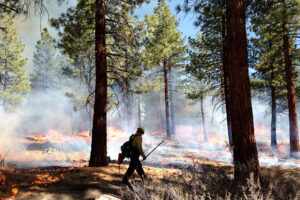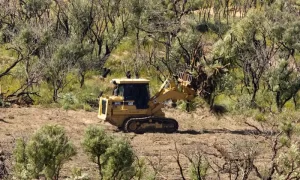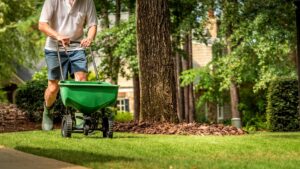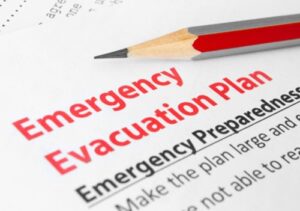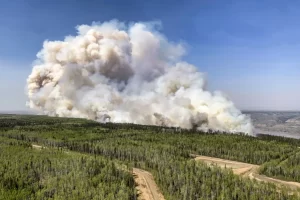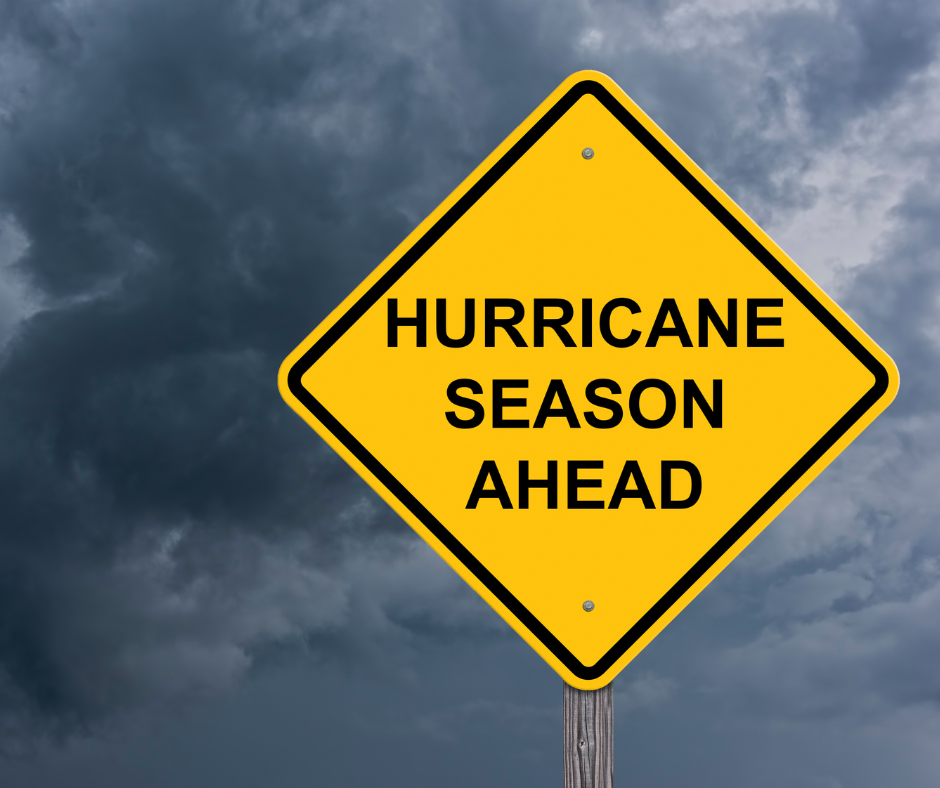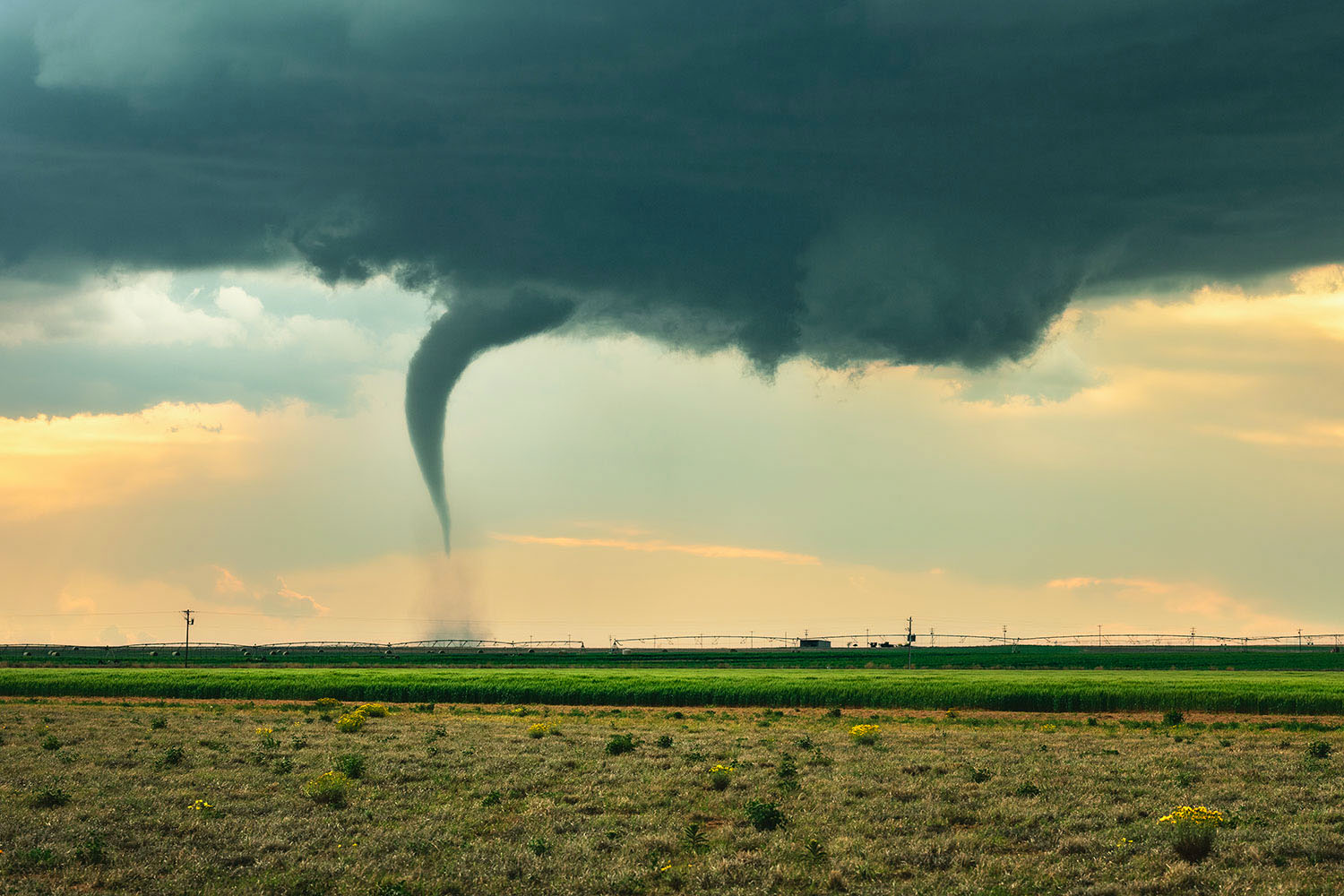Prepping for Wildfire Season: Protecting Your Home and Family
Prepping for Wildfire Season: Protecting Your Home and Family
As wildfire seasons become increasingly unpredictable and devastating, it is crucial to be prepared and take proactive measures to safeguard your home and loved ones. By implementing a well-thought-out wildfire preparedness plan, you can significantly minimize the risks, and potential damages caused by these natural disasters. Below is a list of essential steps and practical tips to help you prepare for wildfire season effectively.
- Stay Informed:
Research local wildfire risk: Understand the history, patterns, and severity of wildfires in your area.
Stay updated: Regularly monitor local news, weather reports, and official announcements related to wildfires.
Sign up for alerts: Register for emergency notification systems to receive timely alerts and evacuation orders.
- Create Defensible Space:
Clear vegetation: Remove dry leaves, dead plants, and shrubs within 30 feet of your home’s perimeter.
Trim trees and branches: Cut back overhanging branches and maintain a minimum 10-foot clearance between trees.
Store firewood safely: Keep firewood at least 30 feet away from your home and elevated off the ground.
- Fire-Resistant Landscaping
Choose fire-resistant plants: opt for vegetation with high moisture content and low resin or sap content.
Maintain regular landscaping: Regularly mow lawns, prune shrubs, and dispose of cuttings promptly.
Create breaks and barriers: Utilize hardscaping materials like gravel paths, stone walls, or driveways to create firebreaks.
- Protect your Homes Exterior:
Install spark arrestors: Fit spark arrestors on chimneys, stovepipes, and dryer vents to prevent ember intrusion.
Cover vents and eaves: Use fine mesh screens to cover vents and openings in the attic, foundation, and eaves.
Upgrade roofing materials: Consider fire-resistant materials like materials like metal, tile, or asphalt shingles to reduce vulnerability.
- Prepare an Emergency Kit:
Essential Supplies: Pack a portable kit containing water, non-perishable food, flashlights, batteries, a first-aid kit, and a battery-powered radio.
Important Documents: Gather important documents (identification, insurance policies, medical records) and store them in fireproof container.
Medications and personal needs: Keep a sufficient supply of prescription medications and personal hygiene items.
- Evacuation Planning:
Establish evacuation routes: Identify multiple evacuation routes in case primary routes are blocked.
Emergency contacts: Share contact information with family, friends, and neighbors for easy communication during emergencies.
Practice drills: Conduct evacuation drills with your family, ensuring everyone knows the procedures and meeting points.
Preparing for wildfire season requires proactive planning, awareness, and taking appropriate precautions. By staying informed, creating defensible space, implementing fire-resistant landscaping, protecting your home’s exterior, preparing an emergency kit, and planning for evacuation, you can significantly increase your resilience and reduce the potential impact of wildfires on your home and loved ones. Remember, early preparation is key to staying safe during wildfire season. Stay vigilant, and together we can navigate through these challenging times.

